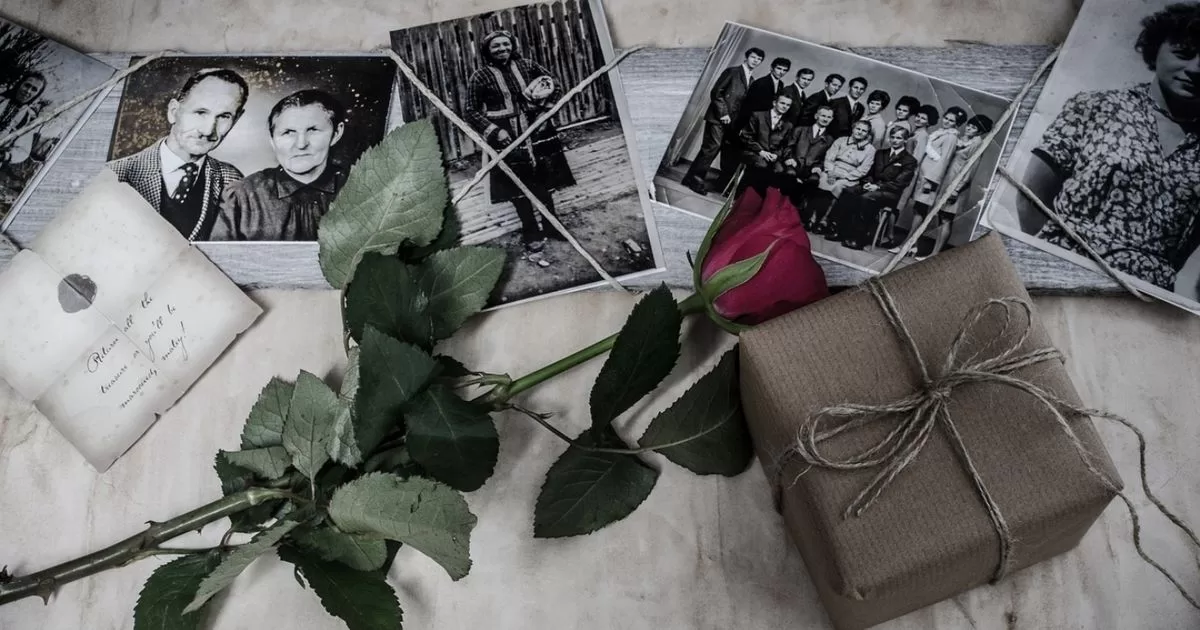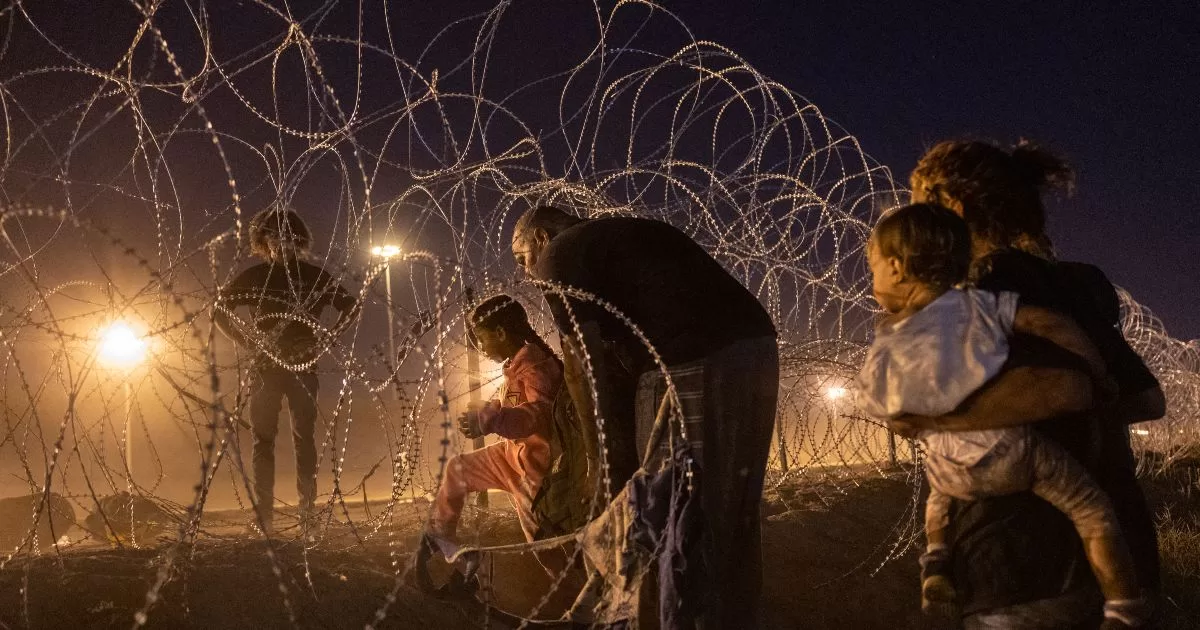An alleged message from Yevgueni Prigozhin, head of the Wagner paramilitary group, in which he expresses his position in favor of the coup in Niger, which he describes as a “fight against the colonizers”, as well as the appearance of pro-Russian flags at demonstrations in favor of the military coup in Niamey, have spread the fear that Russia has maneuvered behind the scenes to destabilize this African country, until now the last great ally of the West in the Sahel. This Friday, General Abdourahamane Tchiani, until now head of the Presidential Guard, has given his first speech as leader of the coup d’état and president of the military junta that has seized power and has criticized the anti-terrorist management of the deposed government.
The Russian association Community of Officials for International Security (COSI), considered part of Wagner’s propaganda constellation, has released an alleged audio message from Prigozhin, whose authenticity has not been verified, in which he defines the coup in Niger as “the struggle of the Nigerien people against the colonizers who are trying to impose their standards of life on them”, according to Agence France Presse. The leader of the paramilitary group adds: “To keep them under control, the former colonizers fill these countries with terrorists and armed groups, themselves creating a major security crisis.”
The thesis that the West, and France in particular, is behind the jihadist groups operating in the Sahel is part of the corpus of anti-French sentiment that spreads throughout the region and is at the origin of the coups in Mali and Burkina Faso. According to Prigozhin, the military missions “of tens of thousands of soldiers” sent by the former metropolises are not in a position to defend the population. “And this is where his love for the Wagner private company and its effectiveness come from, because a thousand Wagner fighters are capable of establishing order and destroying the terrorists,” he concludes. Some 1,400 Wagner mercenaries are fighting in Mali alongside the Army, while military cooperation between Burkina Faso and Russia has strengthened since Captain Ibrahim Traoré came to power.
On the other hand, as happened in its neighbors Mali and Burkina Faso, Russian flags and anti-French messages emerged in the first demonstrations in favor of the coup that took place this Thursday in Niamey. The exhaustion of the population in the face of a jihadist threat that has lasted for more than a decade despite the French military intervention, spurred on by the work of the propaganda machine of a Russia that has a much more positive image in Africa than in the West, feeds the instability in the countries of the Sahel.
The role that France can play in the coming hours is the subject of intense debate in Niger. On Thursday morning, barely 24 hours after the start of the military uprising, a French plane, supposedly with soldiers on board, landed at the Driori Hamani international airport in Niamey, violating the border closure decreed by the military junta, according to reports from the putschists, who have already warned foreign powers to refrain from any intervention. France has some 1,500 soldiers on Nigerien territory after its expulsion from Mali.
French President Emmanuel Macron, who is visiting Papua New Guinea, called the coup “perfectly illegitimate and deeply dangerous for Niger and for the entire region.” Also, Catherine Colonna, French Minister of Foreign Affairs, assured this Friday that the coup was not “definitive” and defended that there were still “possibilities of exit if those responsible for this attempt listen to the message of the international community.” Both demanded the release of President Bazoum, who continues to be held by the coup military at his residence since Wednesday morning.
Join EL PAÍS to follow all the news and read without limits.
subscribe
On the other side, from the Bazoum environment, the first voices criticizing France for its inaction are already being raised, even going so far as to accuse it of “treason”, according to sources close to the government. The military junta has banned the activity of political parties and this Friday morning a precarious calm reigned after the incidents on Thursday when supporters of the coup attacked and looted the headquarters of the government Niger Party for Democracy and Socialism ( PNDS).
On the other hand, General Abdourahamane Tchiani, until now head of the Presidential Guard of the Niger Army, has shown himself on public television this Friday as the leader of the coup that has overthrown the Government and president of the military junta that has seized power, the National Council for the Protection of the Fatherland (CNSP, for its acronym in French). In his speech, Tchiani justified his action by the “continuous deterioration of the security situation”, referring to the jihadist threat. Likewise, he has criticized the ousted government for refusing to collaborate on anti-terrorism with Mali and Burkina Faso, where military juntas also govern.
After two days of uncertainty regarding the leadership of the coup, General Tchiani, whose soldiers have been holding the ousted president Mohamed Bazoum in the presidential palace since last Wednesday, has decided to show up to send a message to the nation. “We must ask ourselves with all humility and sincerity if the security management in Niger has allowed us to guarantee our security and that of our families, towns and country, and if we can continue with the same approach, the same actors and the same results”, said the leader of the military junta.
“The CNSP strongly responds negatively. No, the current approach has not allowed us to maintain the security of our country despite the hard sacrifices of the Nigeriens and the appreciable support of our foreign allies. No, the results are not up to the expectations of the Nigeriens. No, we cannot continue with the same approach (…). For this reason, we have decided to intervene and assume our responsibility, but not before having tried on numerous occasions to draw the attention of the deposed authorities to the inconsistency and ineffectiveness of their management,” added Tchiani, who cited, as an example, the extrajudicial release of jihadist chiefs and Bazoum’s refusal to collaborate with Mali and Burkina Faso on anti-terrorism issues.
Follow all the international information on Facebook and Twitteror in our weekly newsletter.





